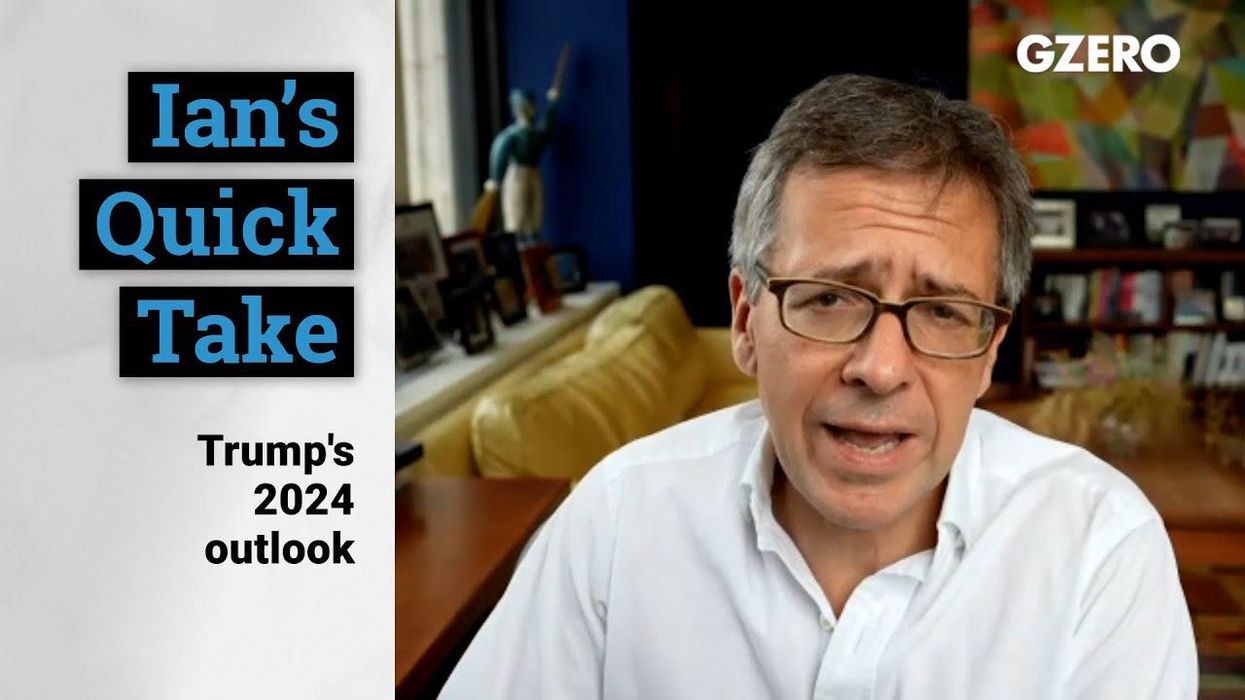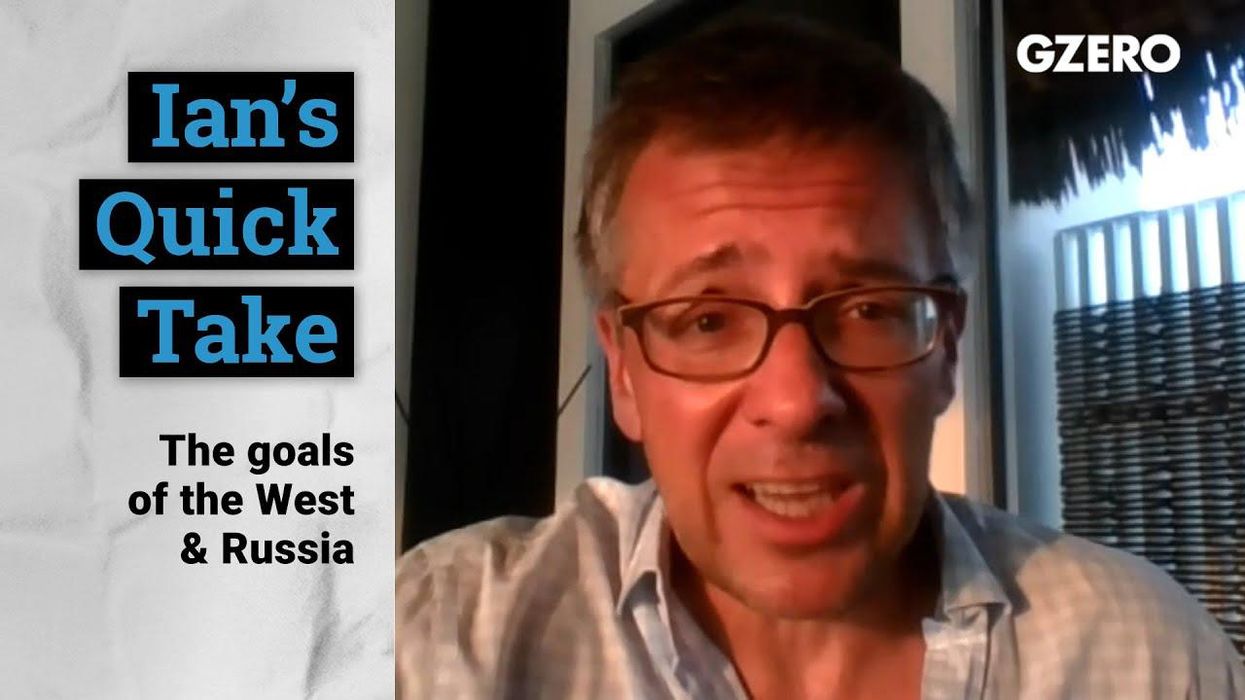Quick Take
Trump's 2024 outlook: more vulnerable after Jan 6 hearings
Ian Bremmer's Quick Take: Wanted to talk about the implications of the January 6th commission and where we are heading for US elections. It's pretty clear to me that Trump is still the most popular in the Republican Party. But he is more vulnerable than he was just a few months ago.
Jul 25, 2022


